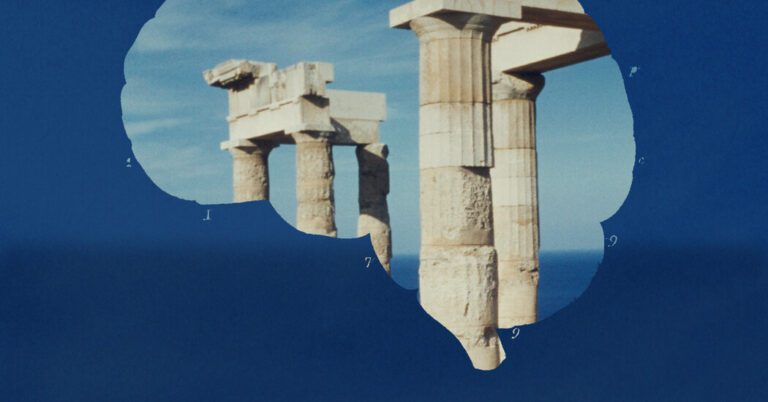But why here and why then? Several centuries earlier, the great Bronze Age civilizations of the Near East, in Mesopotamia, Egypt, eastern Turkey and Crete, had all or almost all collapsed. A wild and lawless age of petty kings and sea pirates – the world, essentially, described by Homer in “The Iliad” – had followed. But then, from around 650 BC, there was an emergence and revival, as a constellation of independent port cities began to emerge in the eastern Aegean. These were mainly merchant oligarchies, often deeply skeptical of the virtues of monarchy, dependent more on trade than agriculture, absorbing the ancient wisdom of earlier civilizations in the East but, above all, not dominated by them. this. Trading Greeks could take what they wanted (mathematics, astronomy, sculpture, temples, alphabetical writing, making gold and silver jewelry) and still remain independent.
Importantly, the Greeks were not subject to vast, instituted royal and priestly bureaucracies. A mental freedom ran through their cities. They were adventurous and expert sailors and shipbuilders, sending expeditions to the far north of the Black Sea and the western end of the Mediterranean, carrying olives and vines to southern France, bringing back ships loaded with silver from the great mines of southern Spain, lacing the Mediterranean with their luminous wakes, their poetry celebrated.
Entrepreneurial qualities dominated them: inventiveness, alertness of mind, a new athleticism, a certain fluidity of thought, the desire to govern themselves, to generate their own system of law and to regulate their turbulent lives and to find justice by accommodating difference.
These port cities were home to people generally considered the first philosophers, whose lives depended on the sea and the connections it could provide. This version of Greece from the centuries between 700 and 500 was not earthly. It existed mainly at sea and, where it touched the land, it appeared and manifested itself like the cities from which these philosophers came.
What we think of today as the Greek continent, then populated by peasant-warrior communities, played virtually no role. Recorded philosophy was almost entirely a port phenomenon, a by-product of the trading centers on the margins of Asia, on the islands, and ultimately in the rich lands of Sicily and southern Italy. Its creators came from the mobile margins, merchants of ideas, people from communities in which exchange was the means of importance and for whom inherited beliefs were not enough.


